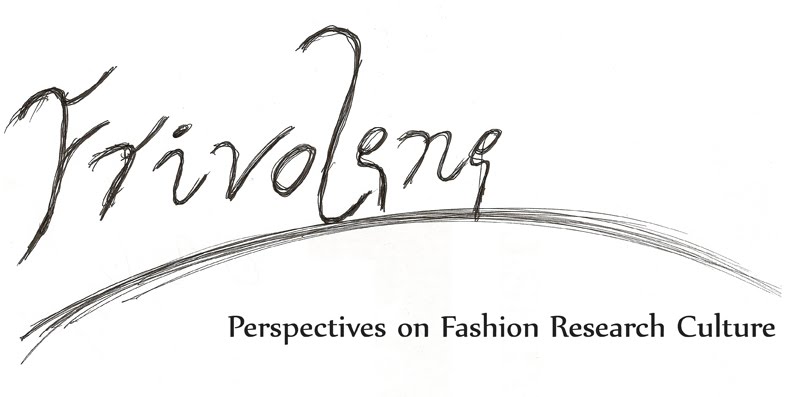Much as I enjoy delving into the labyrinth that is fashion theory, I am also aware of its limitations as I progress with my research. Rather than there being one theory or set of ideas, instead I find myself dipping into several, and at this point in time, seemingly disconnected theories, ideas and concepts. Apart from which I am also increasingly aware of the ''healthiness'' of stepping outside of the usual comfort-zones of looking at what seems like the same old references in relation to field of fashion. With this in mind I was glad to have take the time yesterday to attend a lecture hosted at the London School of Economics and Political Science (hardly the usual haunt of the average fashion researcher!).
Ostensibly set up to promote his new book of the same name Professor Edward L Glaeser's lecture ''Triumph of the City: how our greatest invention makes us richer, smarter, greener, healthier, happier'' proved to be a lively and topical discussion on the merits of the city. The main thrust of Glaser's discussion focused on the basic human and social needs through which cities have developed and continue to evolve: that of the need to be in contact, communicate and exchange ideas with our fellow human beings. Glaser referred to the ''paradox'' of today as being that while we are better connected today than ever before, with mobile phones, Twitter and Facebook et al we still retain the need, and desire, to cluster together in one place. He took Silicon Valley in California and also the recent up-risings in the North Africa as examples of situations where clustering together has led to important changes in, respectively, technology and politics. Yet the city as a conduit of ideas is not new, if as Glaeser, suggested we think back to ancient Athens and the cluster of great intellectual thinkers that inhabited the city at that time. Our greatest asset is our ability to learn from those we are amongst, and cities more readily facilitate that on a greater scale, what Glaeser referred to as the city's ''urban edge'' - the bringing of people together. Today this is perhaps more important as ideas become ever more complicated.
While speaking predominately from an economic point of view many of Glaeser's points also have a relevance to the developing cultural aspects of cities, and the thinking behind the ''clustering'' of specific industries and working professionals. In relation to fashion this can be viewed through the clustering of fashion in specific cities, notably the large ''Fashion Capitals'' Paris, London, Milan, New York and Tokyo. These are cities where not only fashion and textile designers are found but also trend forecasters, buyers, agents, fashion editors, photographers model agencies, and of course the events many of them can be found attending. These include shop launches, exhibition openings, catwalk shows and trade fairs. Here fashion professionals can come together and network, exchanging gossip, ideas and new leads about who or what is the next big thing. Glaeser's lecture proved extremely illuminating on the subject of what makes cities dynamic and still attractive to us all, yet it also high-lighted some of the problems cities face too. Very large cities, such as London, while a magnet for drawing in those looking to make their mark also suffer from their popularity. Or rather as Glaeser made clear, city authorities, government bodies and planning experts need to ensure that they are endeavouring to develop and encourage growth and innovation, rather than holding it back. Particularly in the case of London, the lack of capacity in terms of affordable housing and/or office/studio space is a key issue, in part because of a lack of building new property and also re-thinking what kind of properties need to be developed. Here in the UK the idea of the ''tower block'' is something taken out of a nightmare, yet in looking at the uses of space building up, rather than out, may be one of the solutions. Famed for its nurturing of fashion design talent and entrepreneurs in this field, this is something that remains a key consideration for London, and how its reputation for this may be continued in the future.
More Information:
Triumph of the City: http://www.triumphofthecity.com/index.htm

No comments:
Post a Comment